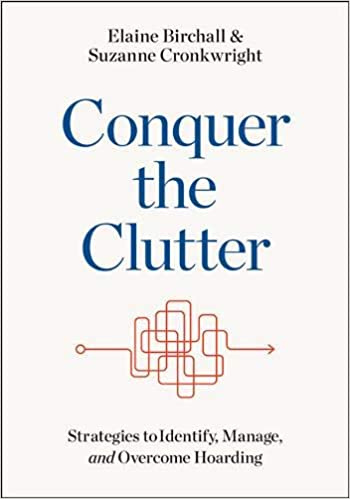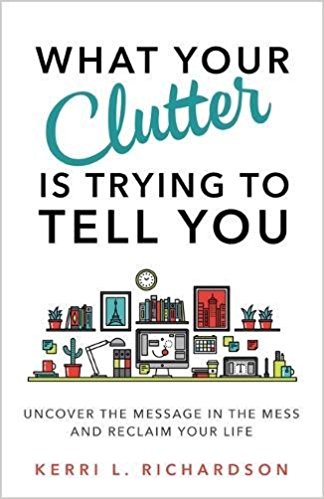
Conquer the Clutter- Strategies to Identify, Manage, and Overcome Hoarding
Conquer the Clutter: Strategies to Identify, Manage, and Overcome Hoarding by Elaine Birchall, Suzanne Cronkwright offers hope to anyone affected by hoarding. Real-life vignettes, combined with easy-to-use assessment and intervention tools, support those who hoard―and those who care about them. Written by Elaine Birchall, a social worker dedicated to helping people declutter and achieve long-term control over their belongings, the book
• provides an overview of hoarding, defining what it is―and is not
• explains the difference between clutter and hoarding
• describes different types of hoarding in detail, including impulse shopping, “closet” hoarding, and animal hoarding
• debunks myths about hoarding and hoarders
• explores the effects that hoarding has on relationships, on work, and on physical and financial health
• presents a practical, step-by-step plan of action for decluttering
• contains dedicated advice from individuals who have successfully overcome their hoarding disorder

